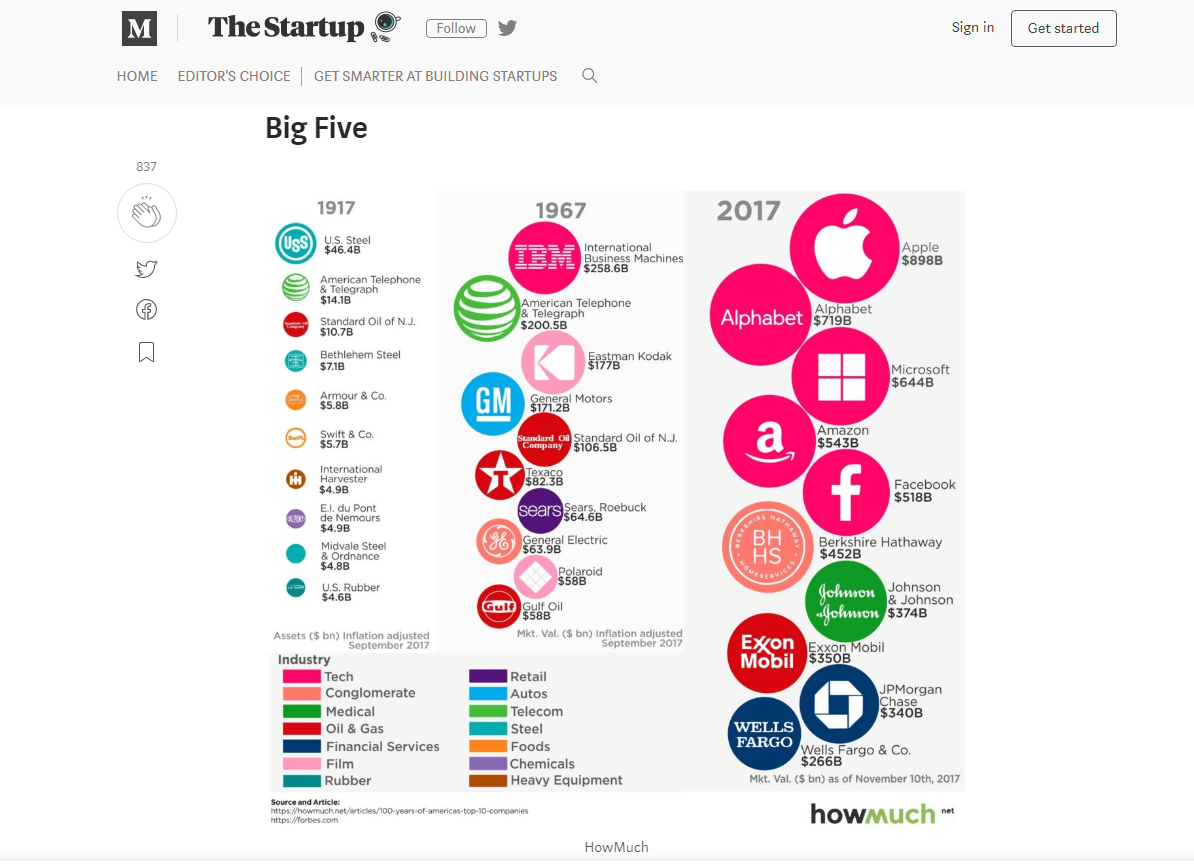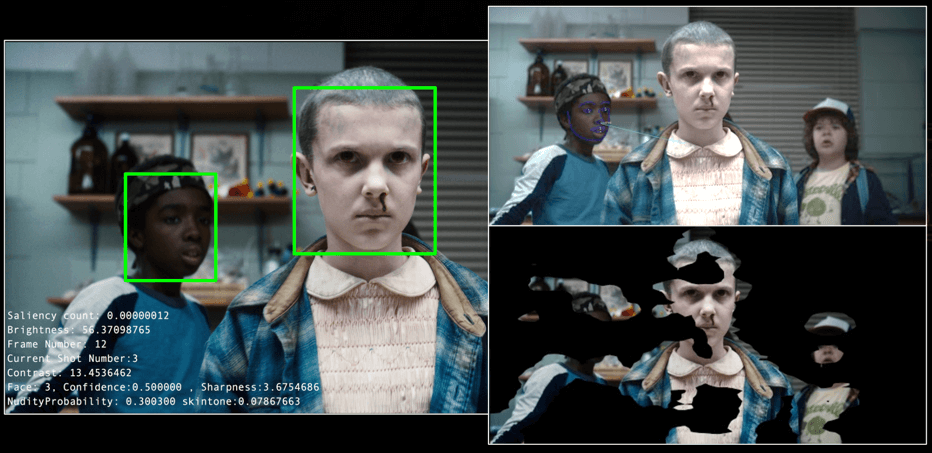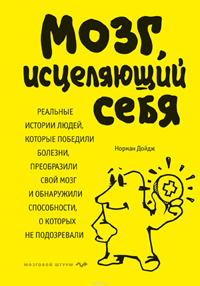What we read in February: Angular sources, results of the year in numbers, frame recognition and other useful links

We have more than a thousand employees in different departments and with different interests. Sometimes they share with each other useful, interesting or just funny links in the corporate language. I spent a month monitoring our main channels, and gathered the most curious of them - it turned out to be an experimental hodgepodge of recommendations from development, marketing, analytics, media services and management. I hope that Habry readers will find here something useful for the weekend and for themselves.
Colleagues from the development department were impressed by the transition to the new Angulyar , so this appeared in the # dev-learn channel:
Angular 5.2 source review from Clipcode
Irishman Eamon O'Tuathail stumbled in a good way and wrote a 200-page overview guide for Angulyar packages and their sources. It is possible to gather information about how it works. Of course, we did not master all the work, but we bookmarked - a useful reference piece just in case. Well, the text is a bit more interesting and simpler - a preliminary review of the upcoming beta in ng6 Ivy renderer . What it is, what it does, how it does, what it will give (a small part is described).
Alexander Makarov with his recommendations was laconic:
Lasagna code: too many layers?
Another reminder that following any advice cannot be brought to extremism, and in general it is necessary to think. On the example of layers in the application architecture.
Quote:
Paradoxically, I noticed that to understand why, when and how to break the rules, it helps for some time to follow these rules extremely strictly. When you feel that going against the rules is normal, document (and sometimes review) your decision.
Practical introduction to container terminology
One of the best reviews of Linux containers and working with them.
Quote:
Even worse, many of these terms are interchanged when used, often causing confusion among beginners. <...> Understanding the terminology covered in this technical dictionary will help you to better understand the underlying technologies of the containers. You will be able to talk with the team in the same language, as well as better design the container environment for your existing tasks.
Our marketing continued to count the past year and threw a couple of interesting topics:

Annual selection of interesting facts and figures of the past year. The article helps to understand the main trends in online advertising, e-commerce, voice technology, Chinese business, media and other industries.
Quotes:
BuzzFeed claims that his morning show AM to DM watches up to one million viewers daily. For comparison, the daily audience of the largest news cable network Fox News is 1.465 million people ( TechCrunch ).
One out of six Americans, or about 39 million people, has a “smart audio speaker”. This is 128% more than last year ( TechCrunch ).
On average, only 0.06% of page visitors click on banners, and about half of them do this by chance ( Google RMG ).
The battle for the consumer goes from online to real life
Airbnb buys real estate ... Uber buys cars ... Amazon builds stores ... Netflix shoots TV shows ... An interesting article about the fact that all companies that worked on the model of offering an online interface for offline products and services have a huge rating, but are unprofitable. To support this assessment and start earning, they begin to fulfill the functions of those who are aggregated themselves. And with their own data on the preferences of millions of users, they do it more effectively than old offline players.
Quote:
It turned out that Uber wants even less responsibility than its own fleet of cars. In fact, paying 70% of the revenue is so close to financial insolvency that many consider the Uber business model to be organically unsuitable - unless, of course, the company gets rid of the drivers.
Dark times have come for many workers. Uber drivers (as well as warehouse workers) literally create tutorials and test a business model in which they find a substitute. Uber horizontal movements - Uber Rush, Uber Eats and expansion to Asia and Africa - have not borne fruit, so we should expect the company to develop its cars, make the autopilot a reality and find other ways to become profitable. She will have to move in a vertical direction.
From the presentation of our head of media services, a valid article from the Netflix blog:

AVA: the art and science of image recognition in Netflix
All successful companies (including Skyeng) strive to put on stream the processes that have traditionally been done manually, to automate the work as much as possible in order to make it more predictable (and economical). In this post, Netflix talks about his algorithm for finding good frames (aka screenshots) to attract the attention of the public in the directory. Technical details promise next time.
Quote:
AVA is a set of tools and algorithms designed to extract high-quality images from video. One season of the series (about 10 episodes) on average contains almost 9 million shots. To ask editors to go through everything in order to find one that best attracts the attention of the audience is boring and inefficient. We decided to develop a tool that can quickly find the shots containing the most appropriate scenes for the presentation of the series in the catalog Netflix.
From him, a reference to a controversial article worthy of discussion:
The author considers MVP "dead" and offers an alternative approach - not a minimally useful product, but a minimally charming-unbelievable (that is, perfect) product. He may have a higher threshold of entry, but also a greater chance of survival. It sounds utopian, but as a fresh look, which comes into conflict with the already annoying processes, it reads well.
Quote:
It is difficult to make something good, beautiful and cheap. When developing MVP it is necessary to set priorities. The cost should be low, in the end it’s just a “test”, but ... Are potential customers willing to lose quality (or at least the appearance of quality) just because it is a test?
Managing Partner Alexander Laryanovsky recommends a book read in February:
 Brain Healing Yourself (Norman Doge)
Brain Healing Yourself (Norman Doge)
“The ability to control your brain is the ability to control your mood, performance, concentration, and relaxation. Of course, we can not control the brain at 100%, but you can learn to control a lot. So, to be at the right moment who you want. I recommend the book to anyone who thinks about their own efficiency and productivity. ”
And the head of our analytical department Gleb Sologub recommends this one:
 Hungry City: How Food Meals Our Lives (Carolyn Steele)
Hungry City: How Food Meals Our Lives (Carolyn Steele)
(english site)
“The book is very cool, it makes sense to read it in general to everyone, to imagine what kind of world we live in, where our place in history is, how our life is structured, how much everything happens behind the scenes of serving our daily needs. Many successful leaders to the question of what they read, called the book of this kind, significantly pushing the boundaries of knowledge. Another of these - Sapiens. A Brief History of Mankind and Mining: World History of the Struggle for Oil, Money and Power . ”
And, finally, using the official position - a link from me personally.
Stories of self-taught programmers
In preparing the article on independent programming training, I came across this archival thread, which was stuck for a long time. In contrast to the refined "success stories" from advanced bloggers and coding schools, here is presented the honest experience of ordinary users of Reddit, without embellishment. And the way English is not always perfect, but you can get an accurate idea of how much time it takes to study, how much effort you have to make and what work you can count on as a result (spoiler: it's not so bad, but you have to be ready to moderate your appetite).
Quote:
I have been interested in programming since childhood. For high school I already did websites and all sorts of other things. But I was told that in order to become a programmer, I have to love math, so I went to college and got a degree in writing. I really started to learn C #, getting a full-time technical writer and realizing how terrible this job is.
Let me remind you that we have an extension-translator for Chrome - it is easier and more convenient to read English-language articles with it.
')
Source: https://habr.com/ru/post/350674/
All Articles